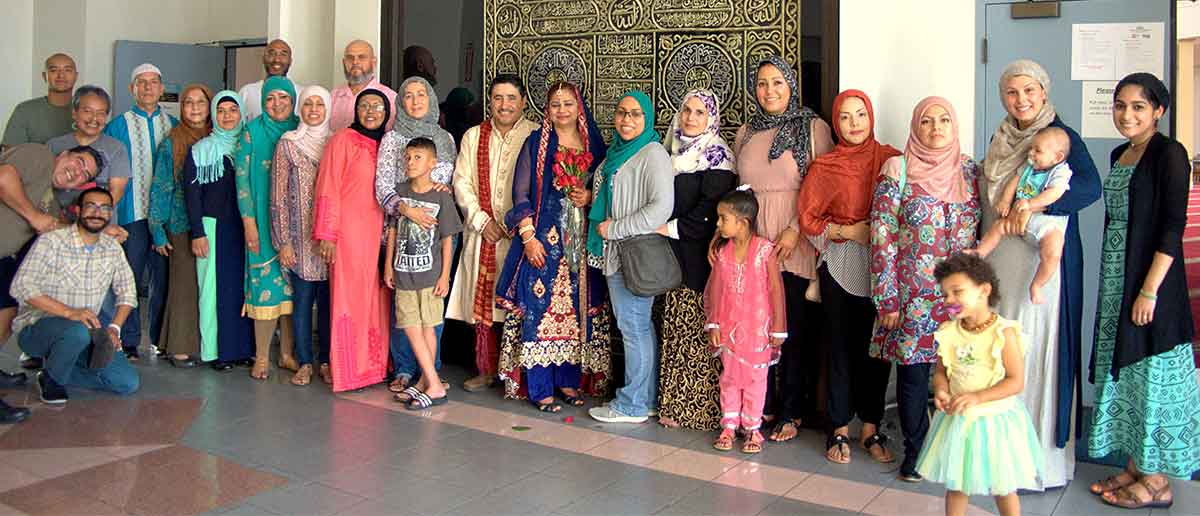From Claremont McKenna College

The term Latino Islamidad may not yet be mainstream, but a new report explores why a growing number of U.S. Latinos convert to Islam in hopes of understanding what it means to be a Latino Muslim today. The report is published in last month’s Journal of Race, Ethnicity, and Religion.
Findings come from the Latino Muslims Survey (LMS), the most comprehensive social science oriented study of U.S. Latino Muslims, which examines an intersection of religious beliefs and practices; spiritual, moral, social, and ethical views; and the social, civic, and political attitudes of self-identified Latinos and Muslims. Findings are based on an online, bilingual survey of U.S. Latino Muslims conducted from Sept. 8 to Dec. 15, 2014. More than 560 Latino Muslims participated in the nationwide survey.
Dr. Gastón Espinosa, Arthur V. Stoughton Professor of Religious Studies in the Department of Religious Studies at Claremont McKenna College and 2016-2017 William E. Simon Fellow in Religion and Public Life in the Department of Politics at Princeton University, directed the survey in consultation with Dr. Harold Morales of the Department of Philosophy and Religious Studies at Morgan State University and Mr. Juan Galvan, Founder and Director of LatinoDawah.org. Together, they served as principal investigators.
“The study,” Dr. Espinosa said, “is important because it is the largest survey [n = 560] ever conducted on U.S. Latino Muslims and because it helps us to understand why Latinos are converting to Islam, what branches of Islam they are converting into, and their religious, social, gender, and political views.”
One aspect of the report, in part, reexamines the previously held notion that a majority of Latino Muslim converts were drawn to Islam as a rejection of Catholicism. Instead, the findings determined that many converts were attracted to the devotion of Islamic beliefs and practices, perhaps indicating that Islam offers them a deeper sense of daily worship and more traditional boundaries.






